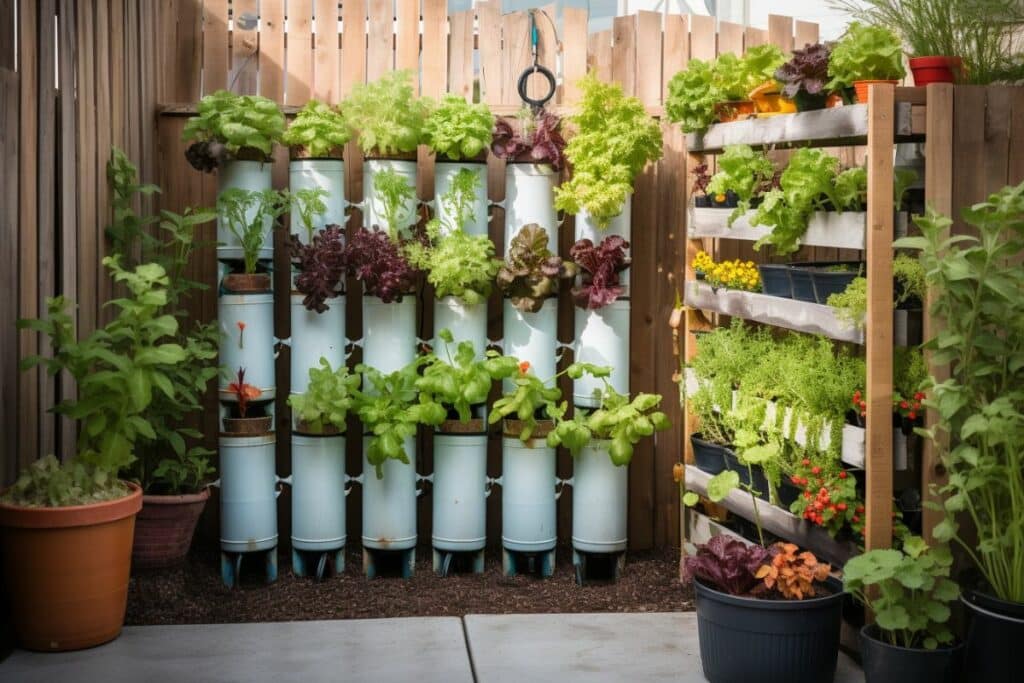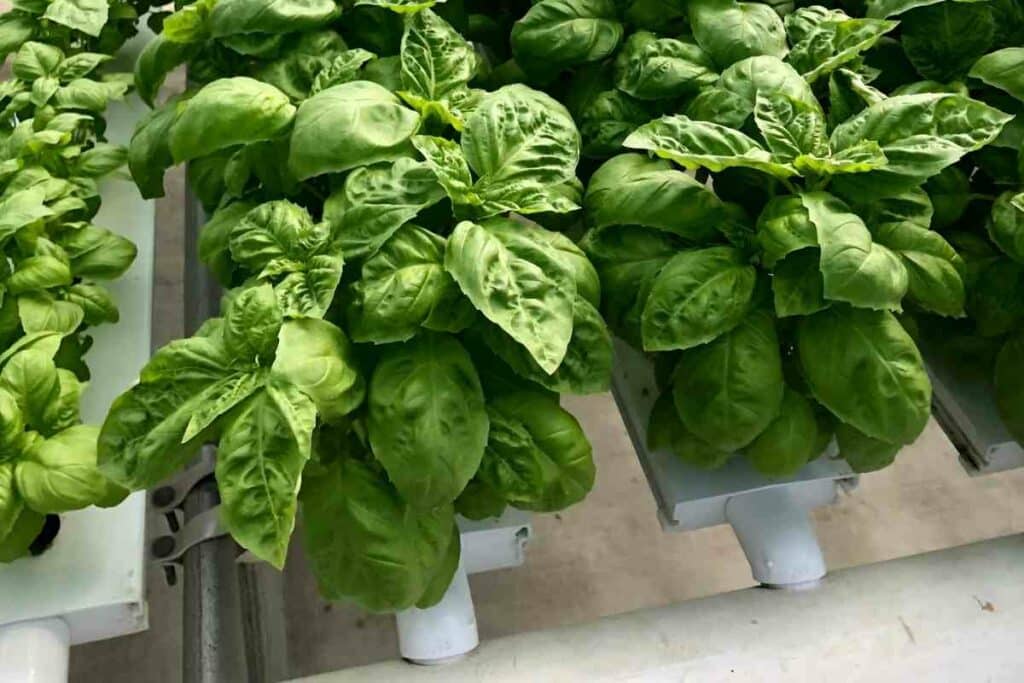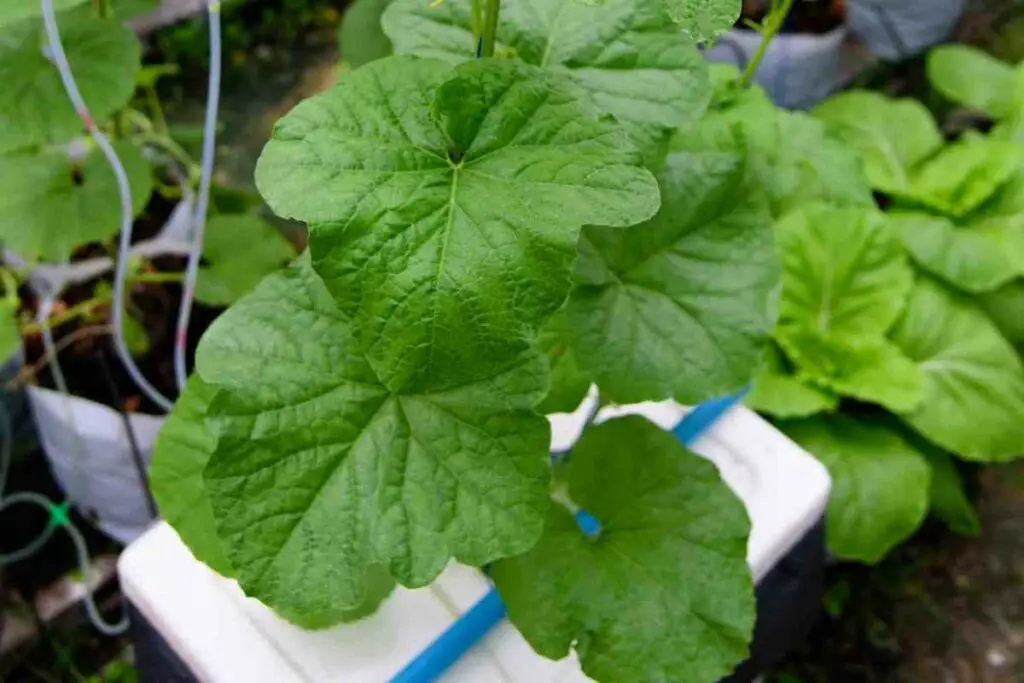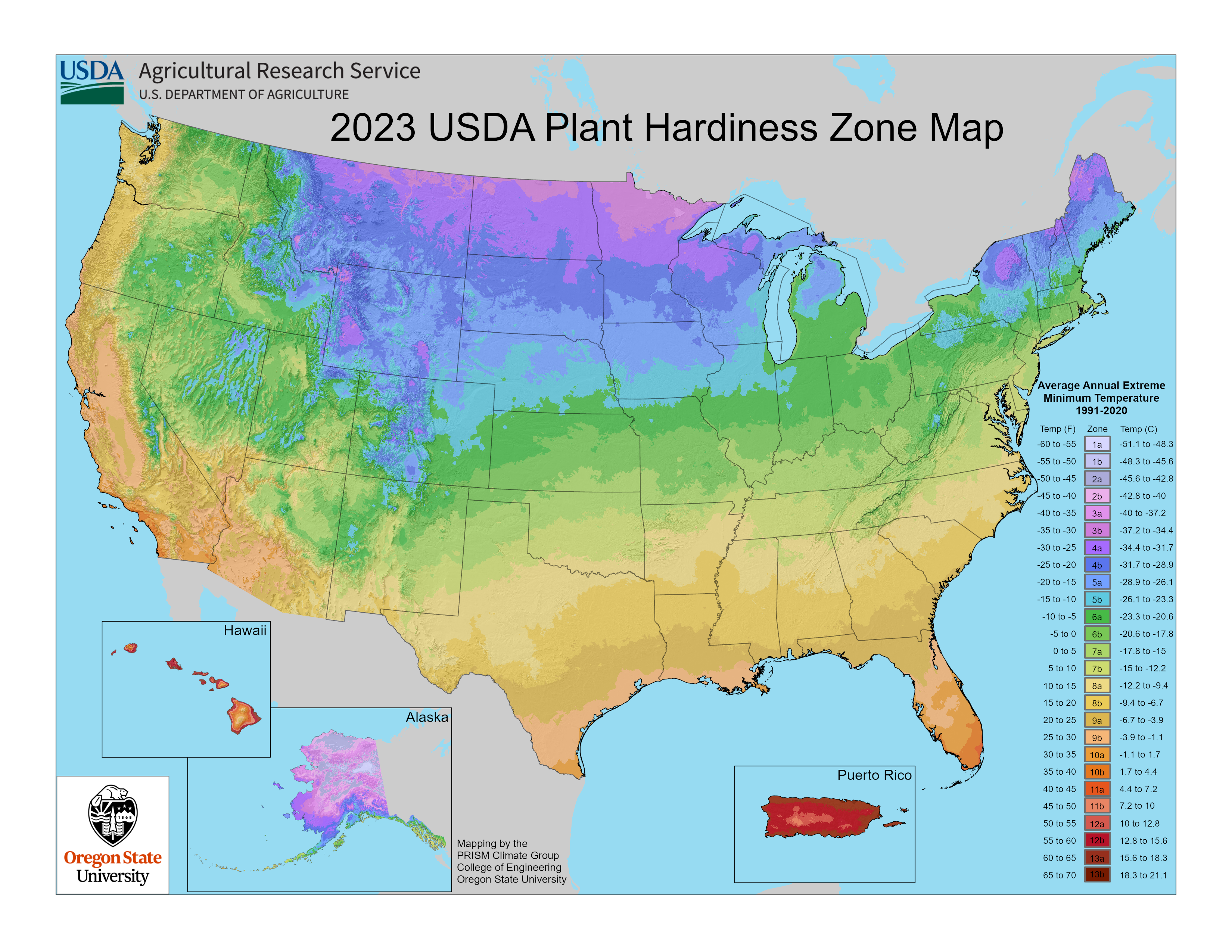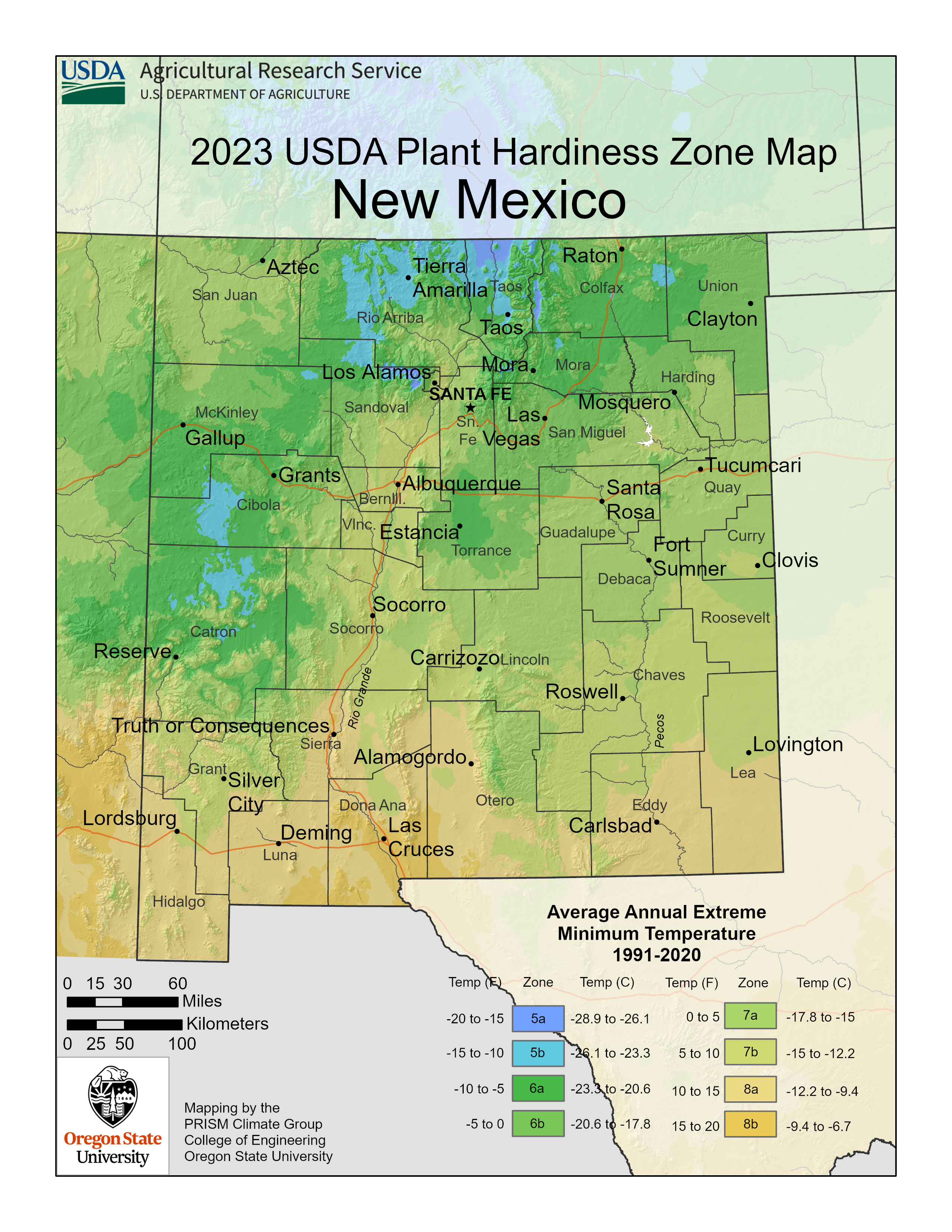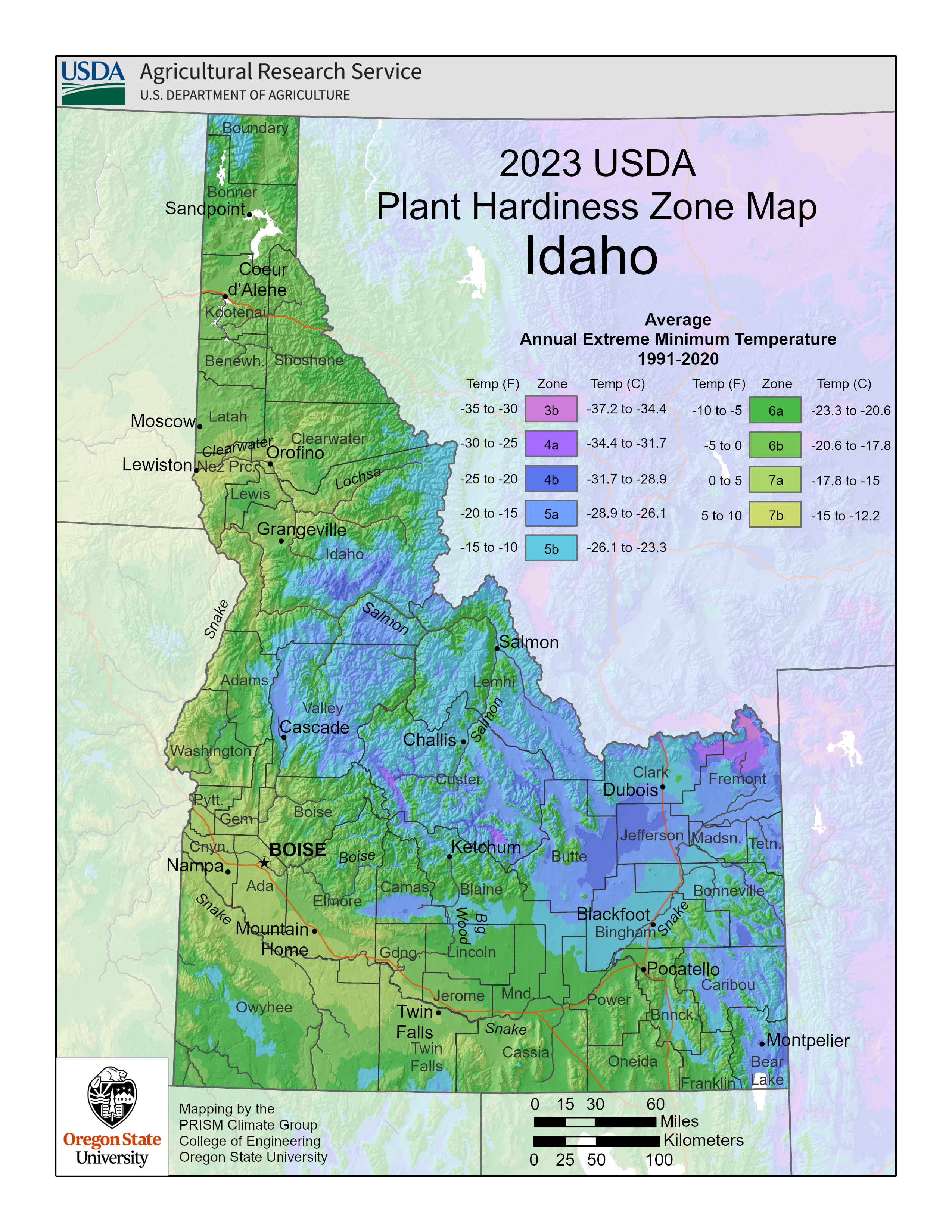Vermiponics is a type of aquaponics in which worms and other edible composting organisms feed on organic waste providing nutrients for plants. With a vermiponics system, the extra step of the heterotrophic bacteria needs to be established before the entire nitrogen cycle process can begin.
The system does not require any fish to maintain the health of plants or provide food for them.
Its design allows it to be independent compared to traditional aquaponics systems because no filters are needed to clean water before it flows back into the tank.
Since vermicomposting produces a lot of fertilizer, you’ll end up adding very minimal amounts to the environment.
It’s an innovative way of gardening that doesn’t use harmful chemicals or animal products!
4 Advantages of Vermiponics
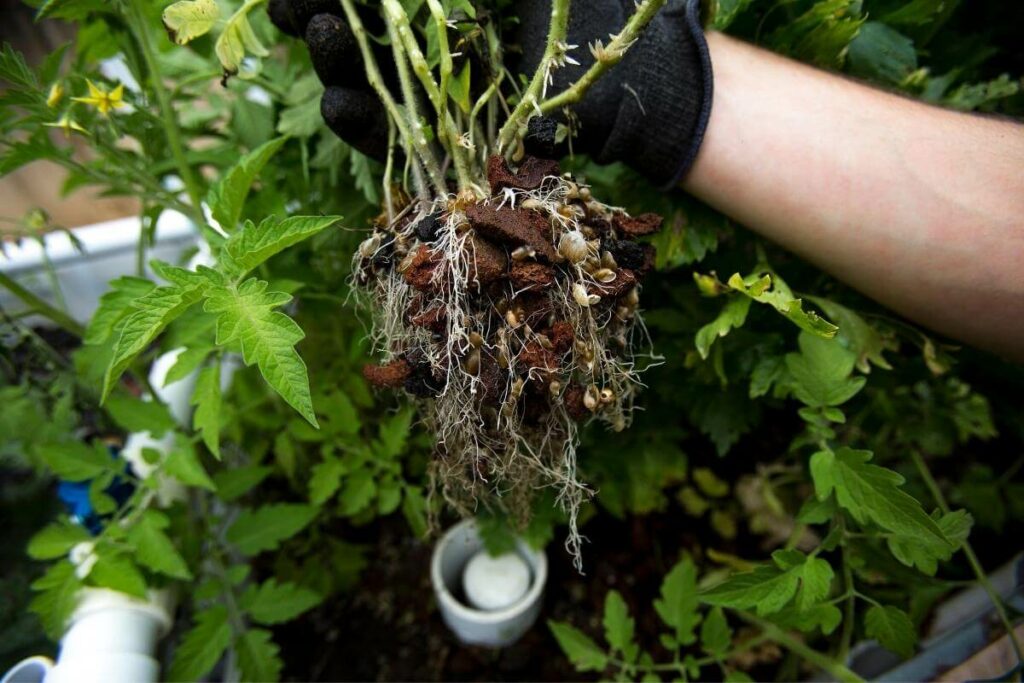
1. Can Be Used for Growing Organic Food
Eliminating the use of chemicals benefits our ecosystem and surroundings in general.
It provides a cleaner and better method to grow organic food for both garden hobbyists and pros alike.
2. They Are Easy to Maintain
Vermiponics create a small-scale aquaponics system that is easy to maintain. There is no need to feed the worms over and over again.
Let them digest everything for you and create an excellent environment for plants to grow in.
Furthermore: Worms are highly tolerant and productive generally. Once the system is set, you don’t need to bother yourself apart from when feeding them.
3. Minimal Water Usage When Compared to Aquaponics
This system uses less water than aquaponics – about only a third of the amount, and you can use it for hydroponics and soil-based gardens.
If done right, this process helps in nutrient recycling, reducing the amount of water required for growing plants.
It helps in conserving resources and also saves you costs when it comes to maintaining your farm.
4. Minimal Labor Required
When you have a vermiponics system set up, the worms do most of the work for you.
You will only need to feed and create an environment that they’re comfortable in.
Additionally, it’s a lot easier to keep the system well-balanced.
You’ll not have to deal with significant changes over time as it is with aquaponics with fish.
Why Use Worms in Aquaponics?
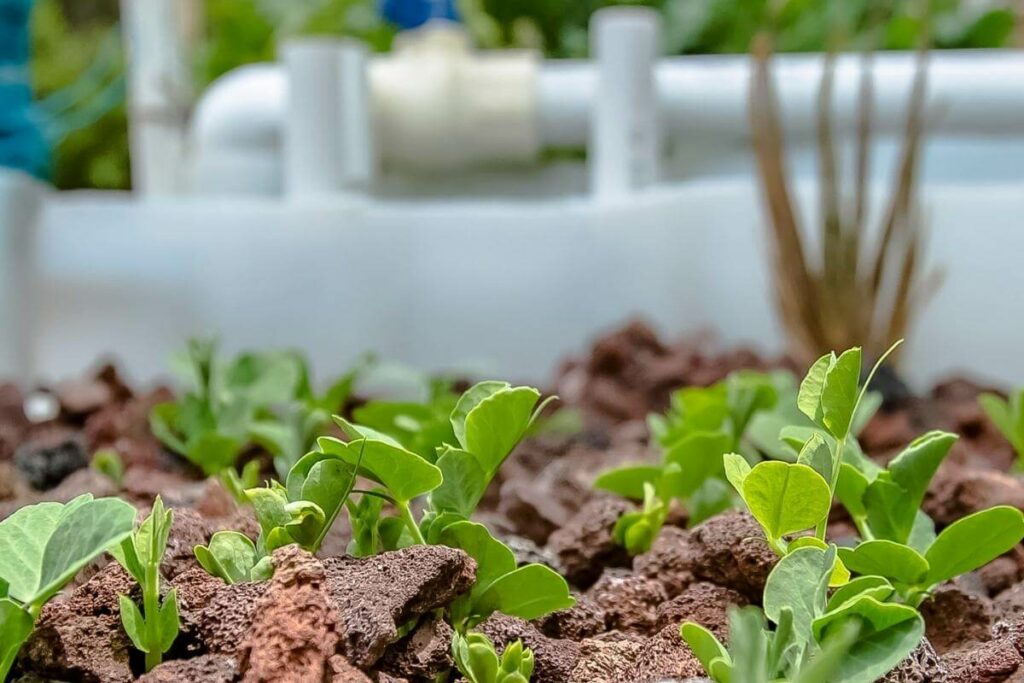
The use of worms allows for many advantages over the traditional aquaponics system that includes fish.
Worm castings contain humic acid that enhances seed germination and seedling growth.
It also contains enzymes that help break down complex compounds in soil into simple compounds that plants can easily absorb.
Worms are cold-blooded animals, meaning they do not require heating or cooling units for their environment.
Most of the time, vermicomposting can be inside a home or greenhouse (since most still have temperature control).
Worms reproduce fast and in large numbers. A single female worm can produce about 250 to 300 eggs each week, for about 5 to 6 weeks during their reproductive period.
Did You Know: The young worms become sexually mature after 5 months, at which point they can mate and reproduce themselves.
How Do Worms Benefit a Vermiponic System?
- Worms are high in protein content. They produce castings (fertilizer) which is nutritious for plants helping them grow fast.
- Worms help in aerating the bed by burrowing through it, allowing for better circulation of water, oxygen, and nutrients.
- Worm castings also act as bio-filter in an aquaponics system, improving water quality.
4 Disadvantages of Vermiponics
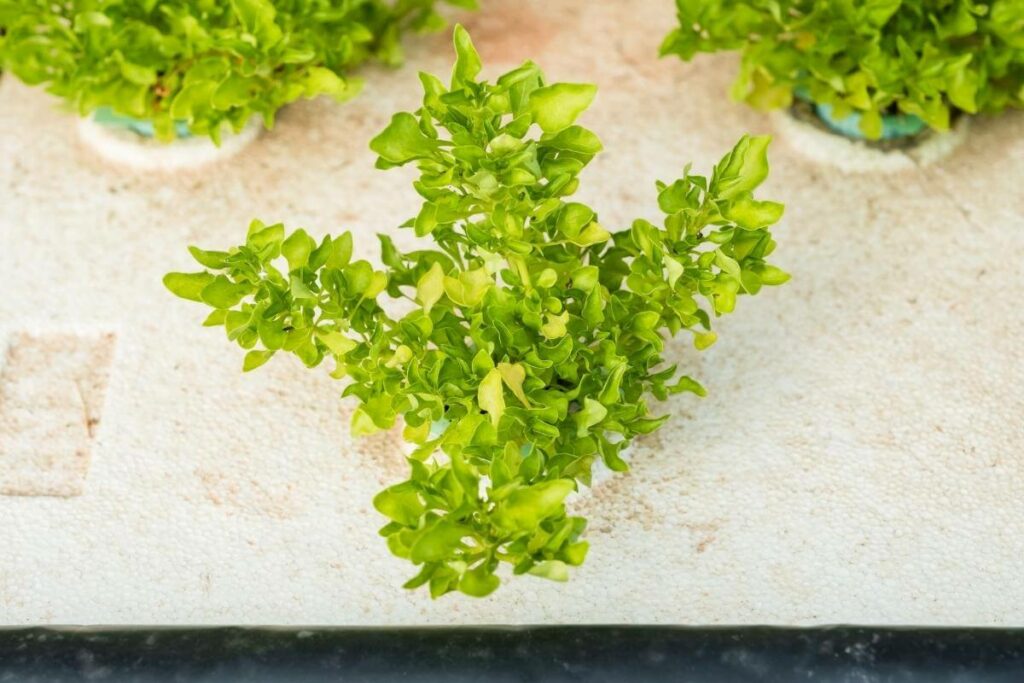
1. Require Large Space
First, you need to decide on how you want the system set up. Having a vertical tower will require more space than a simple low tank.
2. You Have to Feed Them
Worms are living creatures and need regular feeding, so they stay healthy and reproduce quickly.
You will have to give them decaying plant matter and other solid wastes.
Otherwise, the population of worms in your aquaponic system will dwindle, and they won’t break down waste efficiently.
That means you’ll have to deal with bad odor from your system.
3. Worms May Eat Your Plants
Worms can indeed be a little bit aggressive when it comes to feeding habits.
If they’re not fed regularly, they will start eating up your plants.
4. The Cost
The initial cost of setting up a vermiponics system can be high as you will need to purchase several things.
Why You Should Avoid Using Fish for Aquaponics?
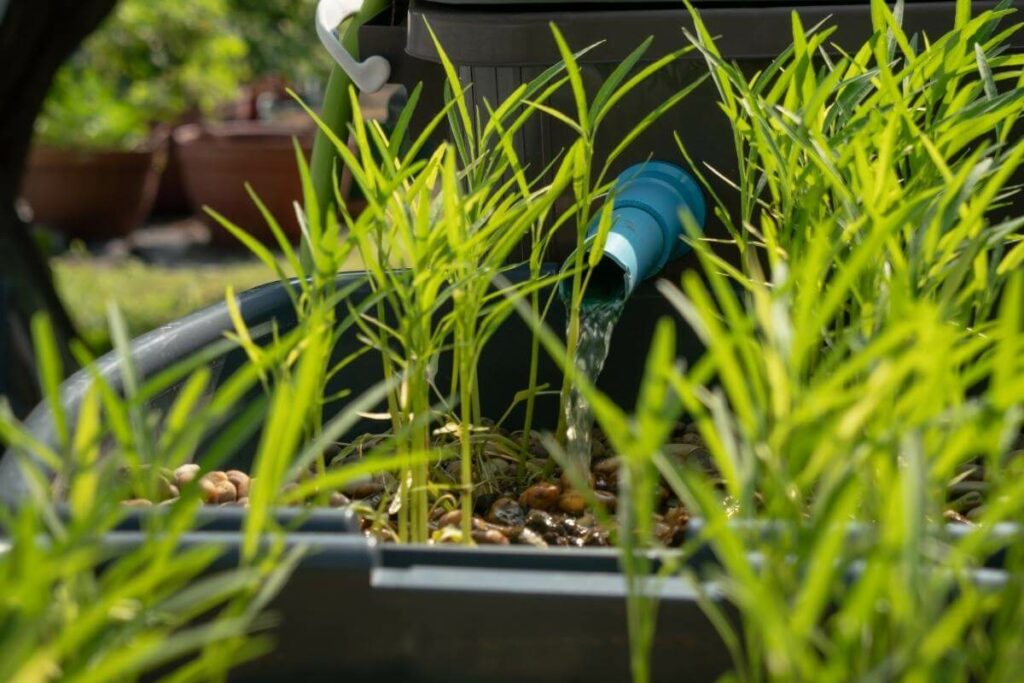
Using Fish in an Aquaponics System Poses a Risk to the Environment
Fish excrete ammonia, which can be toxic to plants if it accumulates because it lowers oxygen levels.
That means that filters need cleaning often, and there is much waste produced in the process.
The filters may contain CO2, which prevents oxygen from going through the water.
Although it is not a problem, there must be enough CO2 for the fish and the plants that grow above water.
The Waste Produced by Fish Can Also Pollute Water If Not Taken Care of Properly
Fish produce solid waste that contains significant amounts of ammonia and nitrogen, which can be harmful to the environment if deposited in water bodies.
For example, it is common for runoff water from agricultural fields full of fertilizer to get into nearby water bodies.
This causes algal blooms and the death of marine wildlife. Eutrophication increases nitrogen and phosphorus levels, causing algae to proliferate.
Fish Excrete Hormones and Chemicals from Their Food
Fish may also eliminate growth hormones from the food they eat.
These environmental pollutants can accumulate in the bodies of humans who consume them, leading to long-term health issues such as cancer.
The best way to avoid that is by only using organic waste for aquaponics systems.
Organic waste can come from fruits and vegetables but not meat because it contains more hormones than plants.
If the Fish Die, There Would Be No Nutrients Left
Aquaponics systems with only plants also do not produce as much organic waste as traditional aquaculture systems do.
There is a limit to how many nutrients animals need, but it also depends on their size.
Vermiponics FAQ’s
What Is the Best Type of Worm to Use?
Red wrigglers, tiger worms, or red worms are the best for composting.
Most people prefer them because they can withstand nutrient-rich solutions. The nightcrawler worm also does well in vermiponics.
How Many Worms Should I Use?
If it’s a family system, anything from 100 worms(1lbs) should be fine.
If you keep your system in ideal conditions, the worms can multiply up to 20 times over one year.
How Often Should I Feed My Worms?
Worms require very little food. With time, you will observe how fast they eat.
They can go for weeks without eating any new foods.
Can I Use Earthworms from My Garden?
Earthworms often burrow deep and may not be ideal for vermiponics.
Conclusion
Vermiponics is a new way to grow organic food, and commercial farms may someday see it as a viable farming method.
Vermiponics – aquaponics without fish, allows for more nutrients to become available for plants to grow.
